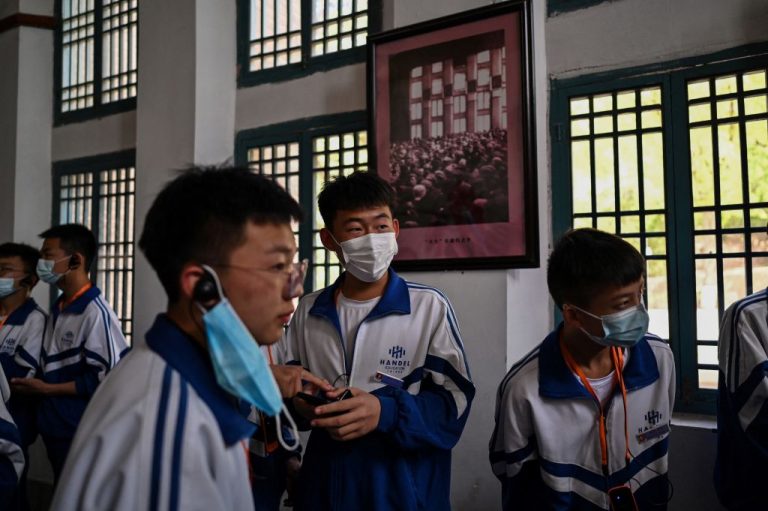South China Morning Post reported that a Chinese student who had been accepted into almost 10 different American universities as a computer science student has had their visa suspended because the student’s father is a police officer in China.
China is the top counterintelligence threat to the U.S., with there being a 1,300-percent increase in terms of economic espionage and 2,000 active investigations as of June 2020. It has been estimated by the U.S. Trade Representative that Chinese intellectual property theft costs the country between $225 and $600 billion annually. FBI Director Christopher Wray said, “there’s no country that presents a broader, more comprehensive threat to America’s innovation, to our economic security and to our Democratic ideas than China does.”
In May of 2020, the U.S. started to restrict visas for Chinese students in the science, technology, engineering and math (STEM) fields, aimed at protecting sensitive American intellectual property from being intercepted by the People’s Liberation Army (PLA).
In September last year, the U.S. revoked visas from more than 1,000 Chinese students related to national security.
Now U.S. President Joe Biden has let up on these restrictions and started accepting student visa applications again on May 4. Just days since the relaxation, this incident with the Chinese student who has had their visa suspended due to their father being a low-level police officer has gained attention in China.
Success
You are now signed up for our newsletter
Success
Check your email to complete sign up
It is estimated that between 2017 and 2018, approximately $13 billion was spent on tuition and living expenses by Chinese students in the U.S. According to the Center for Security and Emerging Technology, it is estimated that Chinese nationals make up 16 percent of all graduate STEM students and 2 percent of undergraduate STEM students.
SCMP reported the cutback on visas was “in response to China’s lack of cooperation in accepting the return of its nationals under final orders of removal from the United States.”
A spokesman for the U.S. Embassy said in an email to SCMP that the suspension would be lifted if China showed commitment to accepting the return of its nationals. The Embassy also said that in the aforementioned case of the student whose visa was denied, it was not a visa refusal, but rather a suspension of issuance and that the suspension would not result in the visa being revoked.
The spokesperson’s letter was posted on WeChat by Beijing Gewai Education Consulting on May 13, stating that the visa was “temporarily discontinued” under the Immigration and Nationality Act.
The letter said officials ranked Deputy Director and above with China’s National Immigration Administration, and their spouses and children under 21; officials at the National Supervisory Commission (China’s highest anti-corruption agency); Ministry of State Security (the top intelligence organ) and Ministry of Public Security (the top law enforcement organ) and their spouses and children under 30 will all have suspensions applied to their visas.
Communist Party-run outlets condemned the move, citing some Chinese as calling the policy “ridiculous.”
The U.S. Embassy spokesman stressed that “the United States welcomes students and researchers from China and is committed to providing the highest quality service to all visa applications.”
“Foreign students and scholars contribute greatly to the rich intellectual traditions and diversity that make the educational experience on a US campus one of a kind.”
“Nobody is proposing that Chinese nationals who are majoring in art, history, literature, or social sciences, should be excluded from U.S. and allied academic institutions,” said Anders Corr in a commentary by the Epoch Times. “Indeed, we should welcome such students with the hope that they will bring back respect for freedom, human rights, and democracy to their home country. We might also learn something from them about China.”














